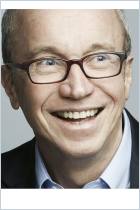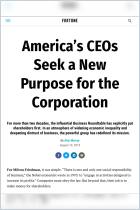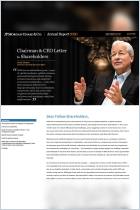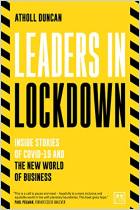Join getAbstract to access the summary!

Join getAbstract to access the summary!
Alan Murray
Tomorrow's Capitalist
My Search for the Soul of Business
Public Affairs, 2022
What's inside?
In the 21st century, human and social capital have become a company’s primary sources of value.
Recommendation
In this thoughtful book, Fortune Media CEO Alan Murray considers business leaders’ changing priorities. At the start of the 21st century, most executives adhered to economist Milton Friedman’s theory that broader social aims distort the market’s efficiency. They held that a leader’s only duty is to maximize shareholder profits. However, the 2008 financial crisis sparked a reevaluation. Now, more than half of American corporations’ value lies in “intangibles,” such as brands and intellectual property. Leaders tend to focus less on the bottom line than on having talented people, and many prioritize meaning and purpose along with – or even above – profits.
Summary
About the Author
Alan Murray is the CEO of Fortune Media. He writes for Fortune CEO Daily and co-hosts the Leadership Next podcast. He is the author of Showdown at Gucci Gulch: Lawmakers, Lobbyists and the Unlikely Triumph of Tax Reform.

























Comment on this summary